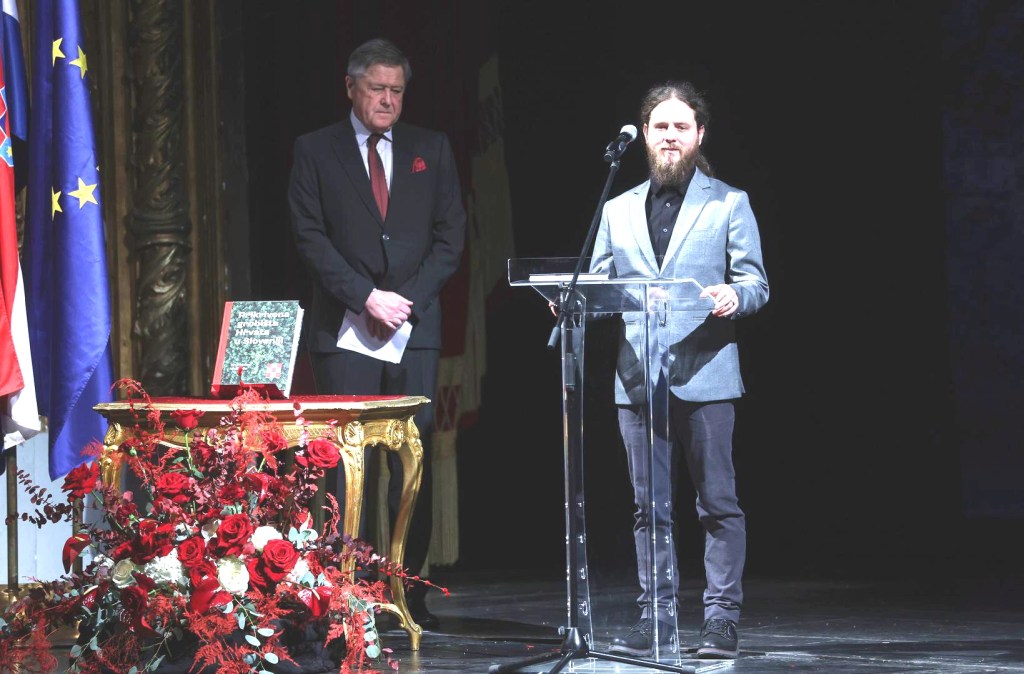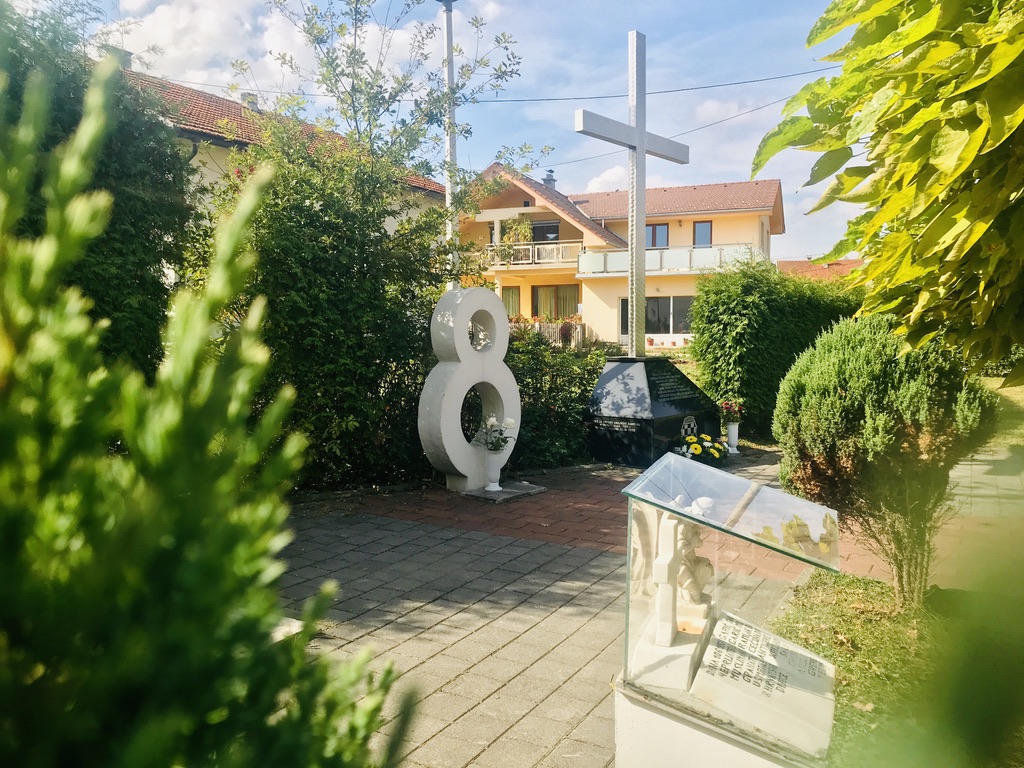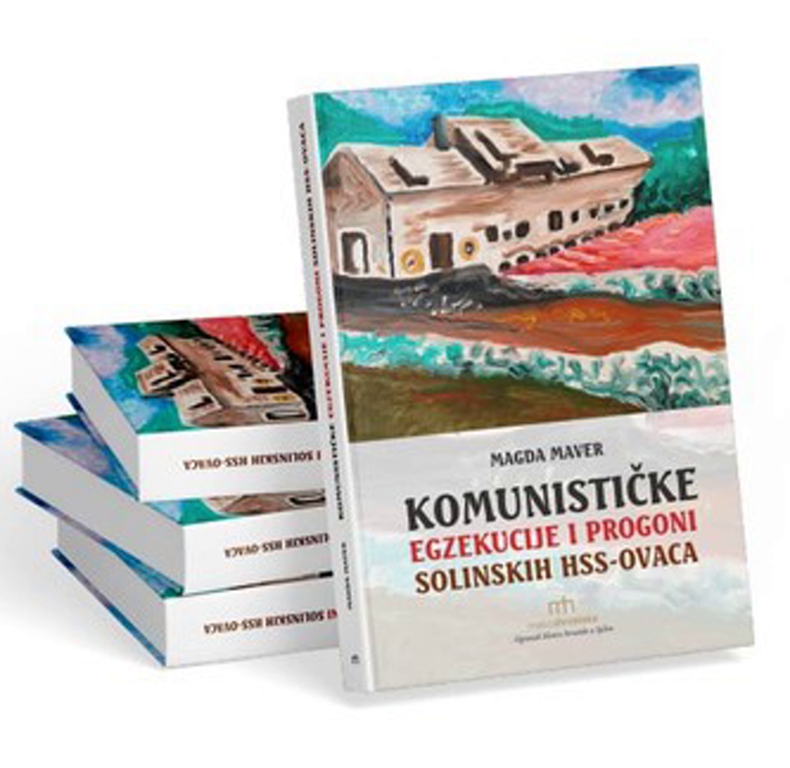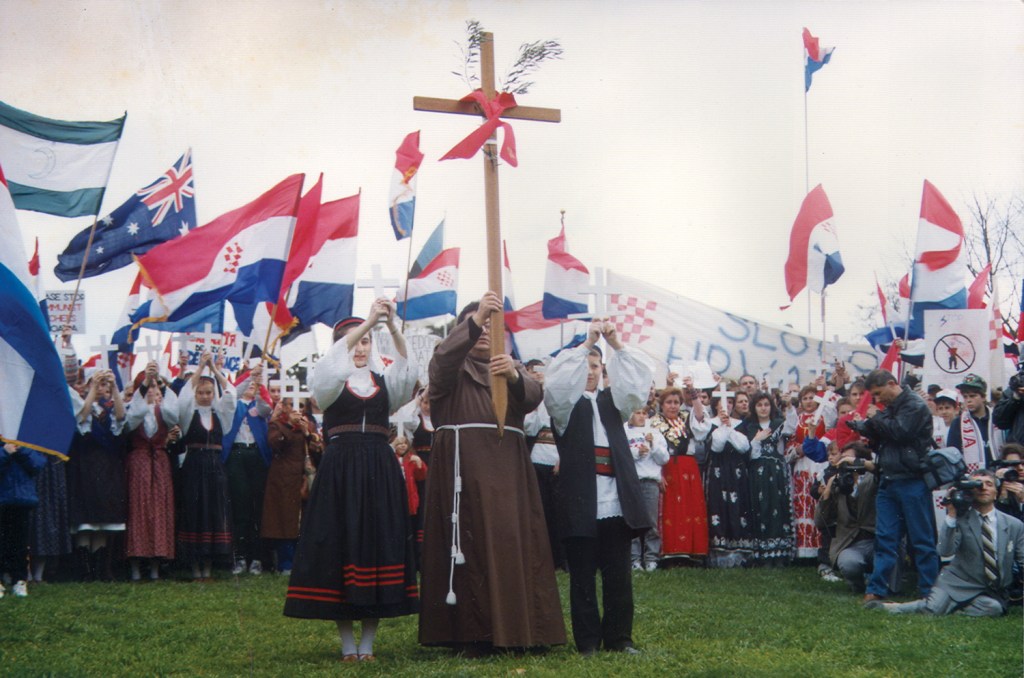
In an interview for “Dnevni Avaz” the former Prosecutor in The ICTY (International Criminal Tribunal for the Former Yugoslavia) Geoffrey Nice turns to the recent acquittal by the ICTY of the former Prime Minister of Kosovo Ramus Haradinaj as well as to some other previous judgments of the ICTY (e.g. Ante Gotovina and Mladen Markac case)
Article in Sarajevo’s Dnevni Avaz by Sead Numanovic
Translated into English by Ina Vukic
“It’s a disgrace, not because someone – in this case three people – have been freed. Such things happen in every normal court process. Here, however, qualified lawyers have earlier suggested that there was not enough evidence. Carla Del Ponte had consequently “instructed” three lawyers who had no experience in court appearances and who, after the issuance of indictments, wouldn’t represent the Prosecutor in these cases in court, anyway.
They only wrote the indictment and that’s where their responsibility ended, while other lawyers represented the case in court. They no longer work for the Tribunal and this defeating outcome doesn’t professionally touch them.
They obeyed the instruction, although it seemed that there were at the time open warnings directed at Carla Del Ponte within the Tribunal.
An experienced lawyer and I wrote to Carla Del Ponte just a few months before the issuing of indictment, alerting her that she cannot issue an indictment without the consensus of the legal board, which is a kind of a test regarding the viability of an indictment based on the amount and strength of evidence. This was otherwise the usual practice among lawyers of the Prosecution during Louise Arbour’s time, before Carla Del Ponte came.
We explained to her that testing of the indictment was necessary so that the most experienced lawyers could be given the opportunity to comment. But, Del Ponte refused. Just as when she abolished the practice of a professional board when other indictments were in question – said Nice.
And, what now?
It’s too late for the ICTY to correct the anomalies that resulted from the eight-year long mandate of Carla Del Ponte. It’s difficult to say what lessons the Office of the Prosecutor and the ICTY could draw from the mistakes given that there are no new indictments since her mandate.
However, other tribunals, especially the ICC (International Criminal Court), must always keep in mind that the process of indictment must be carried on with the greatest of attention. Mistakes cannot and must not be made there because it has to do with people’s destinies. In some cases we must accept that we cannot allow learning from mistakes.
Court processes in tribunals like this one last a long time and such a mistake costs the individual many lost years.
If, as some suggest, the indictment against Haradinaja was raised because there were hidden motives, then the office of the Prosecutor must investigate that, clearly determine where mistake was made and who is to blame for it.
UN should, on a voluntary basis, consider compensation for Haradinaj.
As far as I understood, his lawyers have requested that Del Ponte apologises for what she has done, and she laughed at that. If that’s true then that detail explains how truly “seriously” she had behaved and how she perceived her role of Chief Prosecutor.
Her official power was big. She, as an individual, could bring such significant decisions without any consensus from her office. That’s where the connection between what her mandate allowed her and where an abuse of official function should be found.
Recently Generals Gotovina and Markac have been acquitted. Were you surprised by that decision?
That also was to be expected. We’re dealing there with a similar problem from Del Ponte’s mandate where she sought that members of all ethnic groups be convicted. That would lead to some bogus equalisation of criminal responsibility of all sides in war. And that’s a very questionable strategy.
In a wider sense, the verdicts of acquittal are in some way a confirmation of the objectivity of the Court as an institution. We should become concerned only when all those that are indicted are also convicted. Because, whether due to lack of evidence, or due to procedural problems, every court functions in such a way where a certain number of those indicted will be freed. Courts do not exist so that everyone is convicted. If that were the case then the courts would only serve as stamps on what the prosecution does.
Serbs should remember that Milutinovic was also freed and that he too spent a lot of time in prison without receiving any compensation. Only, this decision passed without a big media pomp as the one in Pristina, for example.
Have the Judges in cases Gotovina-Markac and Haradinaj erred in something or overlooked something?
I cannot talk of things in cases about which I know very little. Something like that would be quite wrong. However, the fact that the Appeal Chamber found matters that are critical for Gotovina and Markac is worthy of our attention, and that this was not enough for any kind of conviction. Simply, the prosecutors made some fundamental mistakes in their approach to this case.
Findings that were damaging to both of the accused were not enough for the Appeal Chamber to decide differently than how it did.
Serbia has announced that it will de facto completely suspend its cooperation with the Office of the Prosecutor. How do you look upon that?
That’s a reflection of the understanding as to how much the ICTY is important for the writing of history not only for Serbs, but also for Bosniaks, Croatians and Kosovar Albanians. Through various methods Serbia is determined to leave evidence that could show equal moral responsibility of Serbia and of other republics of the Former Yugoslavia and their people. Such a method wasn’t unsuccessful in situations when, for example, publishing of some essential evidence was blocked.
Further, it maintained the indictments which it based and bases either upon the lack of evidence or on that such evidence does not exist at all. These indictments surfaced even as a part of ICTY working material and you can find them in Mrs Del Ponte’s book. Perhaps their fingers could even be found behind decisions about who is to be indicted and brought before the court.
Serbia tolerated the Tribunal while these methods had some results. But, this “tolerance” must not be equalised with the respect for the rule of law, and such is revealed exactly by Serbia’s announcement of suspension of cooperation.
If Serbia has no evidence – but proves – not hopes or rumours – that the Judges did not act in accordance with the law and profession in this case, then its response reveals the lack of respect for the rule of law.
Has the Prosecution reached a blind alley with these judgments?
Although, this decision is one in a string of decisions – brought by majority opinion – it is the result of the Judge’s finding that there is not enough evidence, both in the Trial Chamber’s approach and in details that deserve criticism when the way the process against Gotovina and Markac was led is considered, this is nevertheless a test for the Prosecution and for the whole of the Tribunal.
Del Ponte in Syria?
Del Ponte is included in a UN group that’s considering whether there is enough evidence to show that war crimes have been committed in Syria. Given her behaviour in the Haradinaj case, her colleagues should be very cautious when considering any of her contributions in the investigation.
Otherwise, her involvement in UN could be considered surprising – Nice evaluated”.
_________________________________________
About Sir Geoffrey Nice: Born 21 October 1945, London. British barrister and activist. Was appointed Queen’s Counsel in 1990. Has been part-time Judge at the Old Bailey and elsewhere since 1984. He was created a Knight Bachelor in 2007. In 2009 he became the Vice-Chair of the Bar Standards Board (England and Wales). In 2012 he was appointed the Professor of Law at Gersham College (London).
Has been extensively involved with the ICTY. He was a deputy prosecutor at the trial of Slobodan Milosevic in the Hague. He initiated the prosecution’s initial case of linking atrocities committed in the former Yugoslavia to Milosevic. He has prosecuted several cases for the ICTY since 1998, including the cases of the Bosnian Croat Dario Kordic, who was subsequently (2001) jailed for 25 years, and the successful prosecution of Goran Jelisic, the self-styled “Serbian Adolf” (sentenced in 1999 to 40 years imprisonment). Source








Leave a reply to inavukic Cancel reply